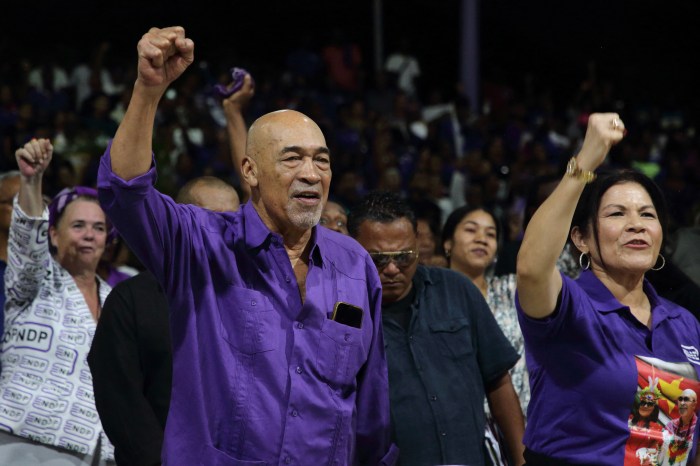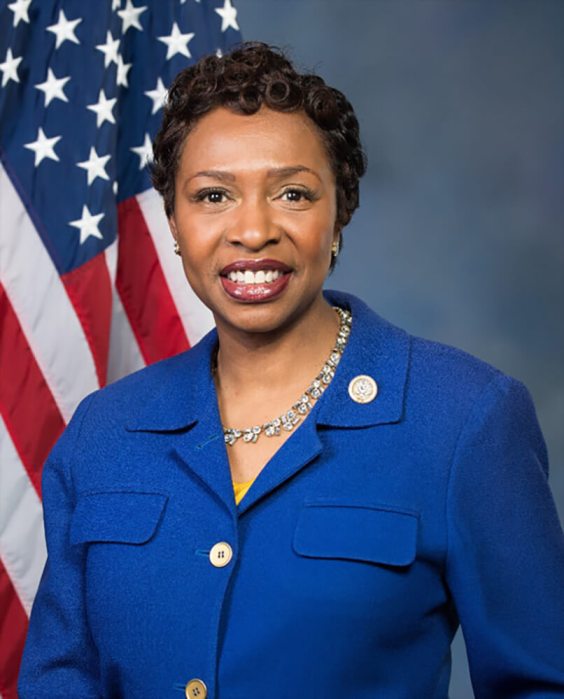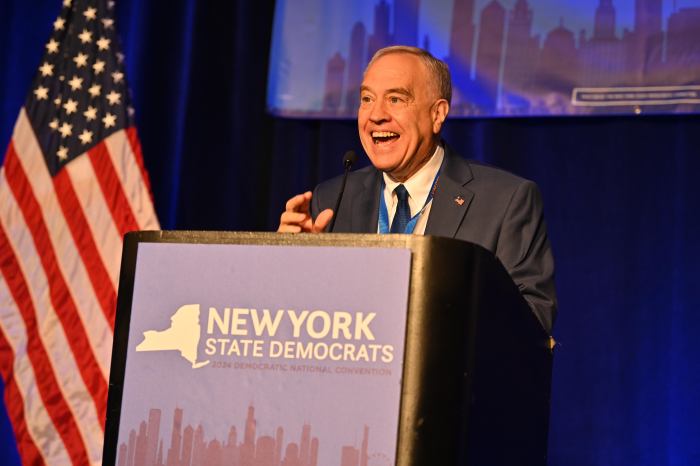Severe budget cutbacks by the David Cameron-led administration in London will force the long serving British military regiment to pack up and leave the Caribbean trade bloc member state of Belize in the coming weeks sparking fears that the country will be left to the mercy of neighboring Guatemala which has maintained a decades-old claim to a large chunk of Belizean territory.
The British have ordered significant cutbacks in military spending and have even retired large parts of its military including the feared Vulcan bomber fleet, saying more money is needed for social and domestic spending.
At many times of any given year, up to 3,000 British soldiers could be in Belize on various assignments from helping to act as a deterrent to Guatemalan military ambitions or using its vast jungle and numerous waterways for extensive training purposes. All this will change within a matter of weeks when less than 20 British military reps will be left in the country.
The British has been there since independence in 1981, helping to support the Central American nation’s own military force numbering just under 1,000.
The land dispute involving the two dates back to more than 150 years during the British-Spanish colonial era. There is no clear boundary demarcation and so people who live near what is widely believed the border areas are often confused as to which country there are really located in.
About 10 years ago, Belizean soldiers killed three people they claim were living well inside Belizean territory after tensions ran high about who had given them the right to live inside Belize.
Guatemala is known to be quite anxious to get a land route through Belize that would give it access to the Caribbean Sea, saving it millions in transportation costs. Guatemala has only recognized Belize’s independence but not its British-imposed borders. Guatemalan soldiers made incursions into Belize in the ‘80s. The Washington-based Organization of American States (OAS) has been attempting to broker a peace deal between the two over the years but for various reasons, a final deal has always been delayed if not blocked by one side or the other.
“The significant majority of personnel will be moving on,” notes British Commanding Officer Lt Col Rob Lindsay. “We will go down to a much smaller establishment that is able to maintain our presence within Price Barracks. Some limited training will continue,” he says.
But while authorities in Belmopan — the Belizean capital, appear to accept that the country is being left on its own, reports are that secret talks are ongoing with Washington about replacing the British and using its extensive military assets to spread American influence in Central America.



















